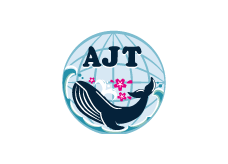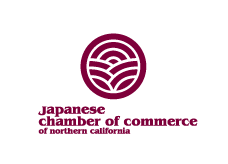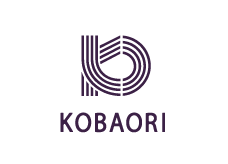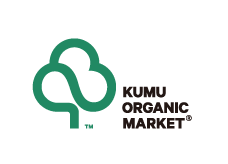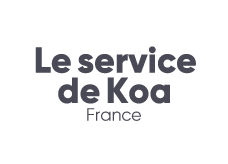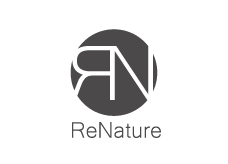About SDGs
Materials that are friendly to the Earth and people
Fundamentally Transforming
The Textile Industry
Are you aware that the textile industry is considered the world’s second-largest polluting industry*1? It accounts for approximately 10% of global pollution emissions *2, surpassing even the automotive industry.
At first glance, the textile industry may appear to be gradually progressing towards sustainability, but unfortunately, especially in Japan, it is mostly a facade. If the current situation persists, by 2050, more than half of the textile industry will not only fail to achieve carbon neutrality, sustainability, and the Sustainable Development Goals (SDGs), but also face the risk of collapse. The only solution to address these challenges is to achieve genuine evidence-based carbon neutrality.
That’s why we at Yamagin Inc., have embarked on certain initiatives. Our first objective is for our original apparel brand, ZERO-TEX®, to manufacture products that have net-zero CO2 emissions by 2030. Additionally, we are working on creating a market where we can convert discarded apparel products into hydrogen and transform them into renewable energy. Through these initiatives, we invite you to join us in collectively advancing crucial environmental measures.
*1:UNCTAD
*2:https://www.un.org/sustainabledevelopment/blog/2019/08/actnow-for-zero-waste-fashion
We are striving to create a textile industry
with zero CO2 emissions
using ZERO-TEX®
ZERO-TEX® is a sustainable fabric developed by Yamagin Inc.* in 2021, which is friendly to both people and the planet.
Originally introduced for medical gowns, its development has since evolved, reaching its third generation.
One notable feature is the utilization of special spinning techniques that bring together fabric strength and sustainability. We have achieved a 52% reduction in CO2 emissions during the manufacturing process and a 70% reduction in water usage during the dyeing process (based on internal comparisons).It has gained attention as a multifunctional material suitable for everyday life, outdoor activities, medical settings, uniforms, and various other applications. For example, its “durable water repellency” ensures that its functionality remains intact even after 100 washes (verified by third-party institutions).
In the water repellency treatment process, we have made efforts to minimize environmental impact without relying on harmful water repellents, ensuring breathability while maintaining water repellency.
Moreover, ZERO-TEX® is manufactured at PENFABRIC SDN. BERHAD, a production facility that has obtained the highest level of safety certification worldwide (“MADE IN GREEN by OEKO-TEX®”). This ensures trust and confidence in utilizing ZERO-TEX® sustainably.
In parallel with the ZERO-TEX® project, BIOTECH WORKS H2 (led by CEO/Founder Akihide Nishikawa), a spin-off company from Yamagin Inc., is also establishing a platform that converts post-use apparel products into hydrogen and provides traceability and evidence. The aim is to connect production processes, end-users, companies, and hydrogen plant operators, with a future plan to facilitate direct transactions via blockchain from hydrogen plant suppliers.
With these efforts, we have embarked on investments towards achieving a decarbonized society, reducing environmental impact, and decarbonizing the textile industry. We are actively promoting these initiatives through the “ZERO-TEX® Carbon Neutral Declaration,” primarily through speaking engagements and book publications.
While we have witnessed a growing interest and collaboration from our surroundings, addressing these challenges requires creating a larger societal wave and confrontation of environmental issues.
*Yamagin inc.
As a textile development manufacturer with 23 years of history, we have offices in Tokyo (headquarters), Osaka, Shanghai, and Silicon Valley. Akihide Nishikawa, the founder of Yamagin Inc., serves as the representative director. We specialize in the development of sustainable materials and aim to achieve carbon neutrality in the fashion industry and build a net-zero society with ZERO-TEX®.
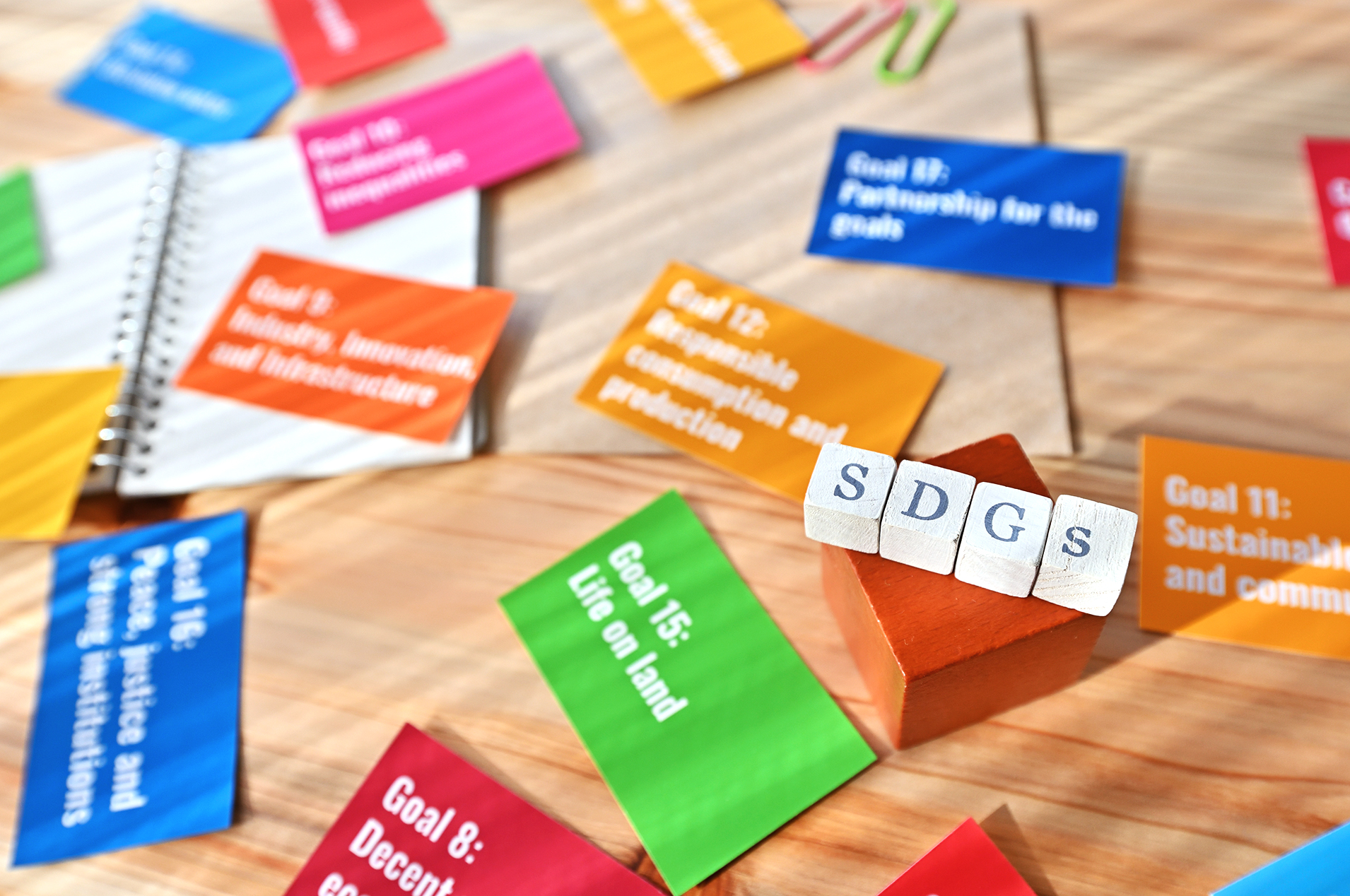

About SDGs
What are the Sustainable Development Goals (SDGs)?



Our SDGs Policy
Yamagin's SDGs Declaration

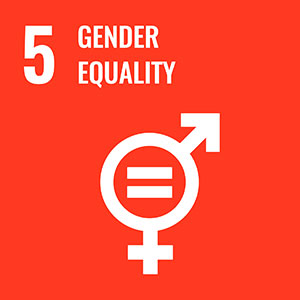
5.
Gender Equality
We respect basic human rights, recognize individuality, and promote diversity. We will actively appoint female managers and leaders, with a particular focus on the advancement of women in society and opportunities for them to play an active role.
We recognise and value unpaid care and domestic work. And we will promote shared responsibility within the household and the family.
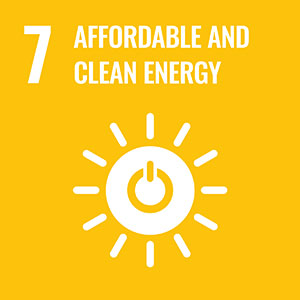
7.
Ensure access to affordable, reliable, sustainable, and modern energy for all.
We aim to achieve zero waste and zero carbon dioxide emissions by constructing a system to collect used products made from ZERO-TEX®, a fabric developed in-house, and upcycle them into green hydrogen.
The upcycled green hydrogen will be used to power cars, trucks, and buses, contributing to the creation of a clean and environmentally friendly community.
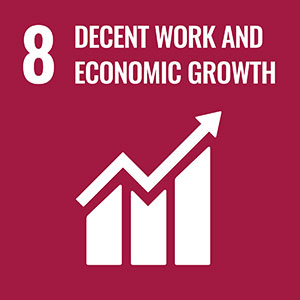
8.
Decent work and economic growth
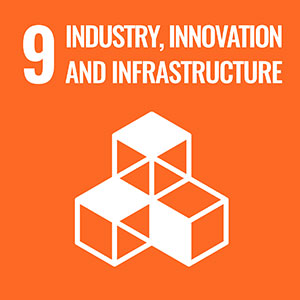
9.
Build resilient infrastructure, promote sustainable industrialization, and foster innovation.
We will launch BIOTECH WORKS, a platform developed by our company that will enable the recycling of fabrics, and create a foundation for technological innovation that fuses industry and IT, where fabrics + tech = upcycling.
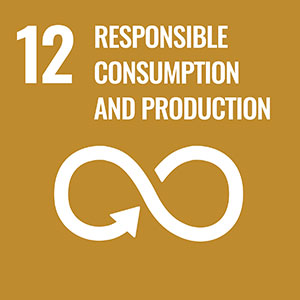
12.
Responsible consumption and production
The apparel industry faces many problems in the production process, including water pollution, environmental pollution such as carbon dioxide emissions, and the incineration of inventory due to overproduction.
We have developed BIOTECH WORKS, an upcycling system, to improve the responsibility of both the producer and the user.
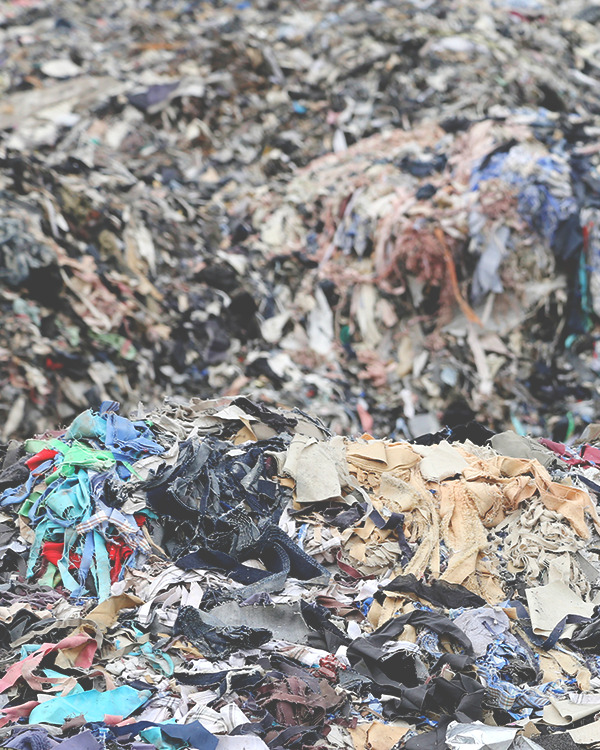
Environmental Philosophy
Yamagin's Environmental Philosophy
We recognize that addressing global environmental issues is a challenge common to all humankind, and we will conduct our business activities in consideration of the Sustainable Development Goals (SDGs).
Under the slogan “ZERO WASTE WORLD – Changing the future with you,” we will integrate the realization of a sustainable society with our corporate strategy and work toward the achievement of the SDGs through environmentally friendly business activities and reduction of environmental impact based on the philosophy of responsible consumption and production.
Environmental Policy
Environmental Policy
1. Environmental Education
To realize a sustainable society, we conduct our business activities from the perspectives of environmental conservation, economic activities, and social responsibility. To this end, all employees will deepen their awareness of environmental issues, gain insight, and take responsible actions to achieve our environmental policy.
2. Compliance with Legal and Other Requirements
In promoting our business activities, we will comply with environmental laws, treaties, and agreements, and strive to reduce environmental impact and prevent environmental pollution.
3. Environmental Consideration
We recognize the importance of reducing the environmental impact of our upcycling system and product production activities, and will continuously update our system and improve our work methods.
4. Minimizing Environmental Impact
We recognize that climate change is an important issue, and we strive to continuously reduce greenhouse gas emissions in all of our business activities, including the services and products we provide.
5. Resource Conservation and Waste Reduction
We are constantly reviewing and responding to new projects with the goal of zero emissions. We also strive to recycle and minimize resource use.
6. Sustainable Development Goals (SDGs) Initiatives
We will discuss and decide on the promotion of the SDGs at the management level and focus on efforts to understand, act on, and promote the SDGs.
7. Promotion of Information Disclosure
We will openly disclose our environmental policy upon request.

